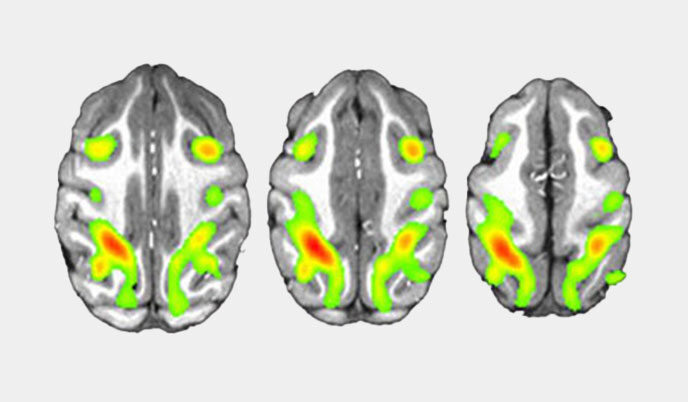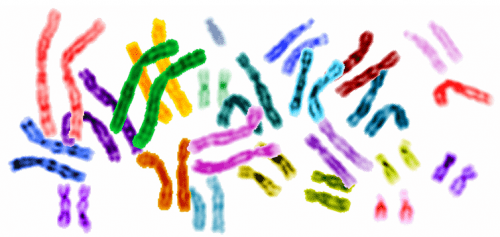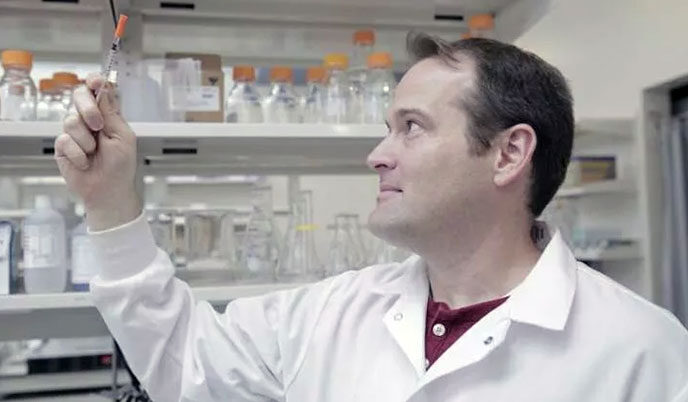
Researchers wake monkeys by stimulating ‘engine’ of consciousness in brain
A small amount of electricity delivered at a specific frequency to a particular point in the brain will snap a monkey out of even deep anesthesia, pointing to a circuit of brain activity key to consciousness and suggesting potential treatments for debilitating brain disorders.

UW study uses a new approach to understanding teens and technology
What teens find important on social media is a better measure of how they interact with technology than how many minutes they spend using social media, according to a new study from the University of Wisconsin School of Medicine and Public Health.

Stem cells could help cancer patients fight dangerous infections
Scientists at the University of Wisconsin–Madison have developed a more efficient way to grow the white blood cells, which serve as front-line defenders against bacterial infections but are often depleted as a potentially deadly side effect of cancer treatment.

UW–Madison study shows that calorie restriction slows skeletal muscle aging
Monkeys on calorie restricted diets age better than monkeys on a normal diet, according to researchers at the University of Wisconsin School of Medicine and Public Health.

Survey of the Health of Wisconsin now an ICTR-CAP affiliate program
This November, the Survey of the Health of Wisconsin (SHOW) joined the Institute for Clinical and Translational Research’s Community-Academic Partnership program as an affiliate member.

Access to Medicare increases cancer detection, reduces cancer mortality rate
Access to Medicare significantly impacts detection of certain cancers and life expectancy following cancer diagnosis, according to a new study from the UW School of Medicine and Public Health that was recently published online in the Journal of Policy Analysis and Management.

UW–Madison inventors aim to replace old-style breast-surgery marker
Three University of Wisconsin–Madison innovators have invented a better way for surgeons to locate tumors during lumpectomies for breast cancer.

Low genetic risk for ADHD may protect against negative life experiences
A recent study shows that people at low genetic risk for attention deficit hyperactivity disorder (ADHD) are not only less likely to have the disorder, they also have better than expected economic, health and behavioral outcomes in later life.

New tool predicts three-dimensional organization of human chromosomes
University of Wisconsin–Madison researchers have developed a computational tool that can accurately predict the three-dimensional interactions between regions of human chromosomes.

Delirium linked to brain injury after severe surgery
Researchers at the UW School of Medicine and Public Health discovered that delirium following severe surgery may be associated with brain injury.

UW study finds cyberbullying media coverage overuses emotional, fear-based language
Newspaper articles about cyberbullying use more emotional language and fear-based reporting than articles about off-line bullying.

Injectable, flexible electrode could replace rigid nerve-stimulating implants
By electrically stimulating nerves, neuromodulation therapies can reduce epileptic seizures, soothe chronic pain, and treat depression and a host of other health conditions without the use of conventional drugs like opioids.